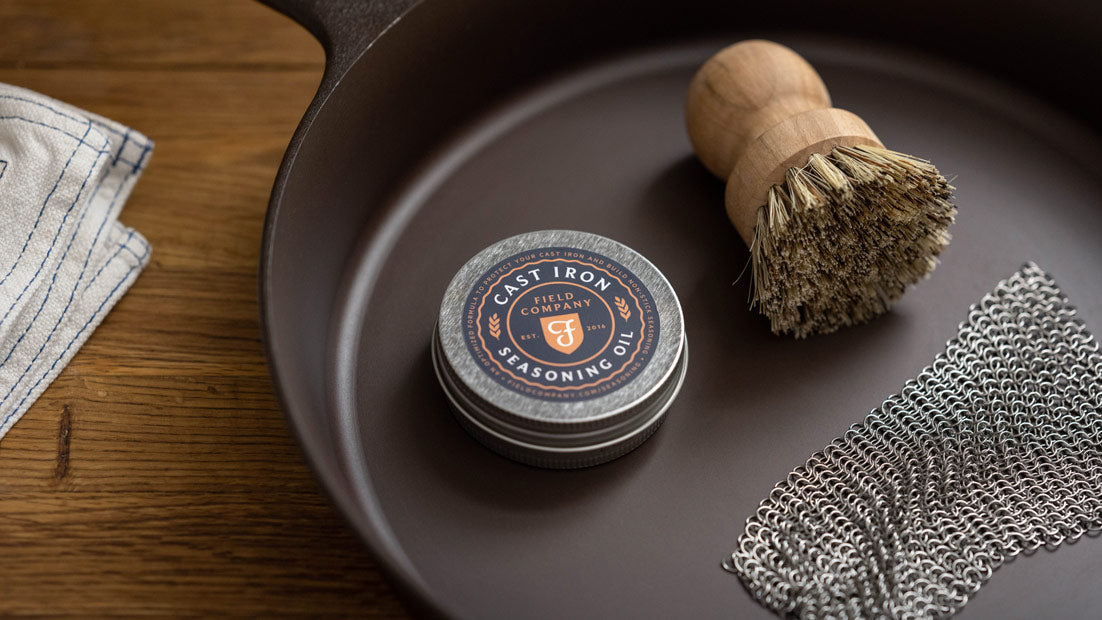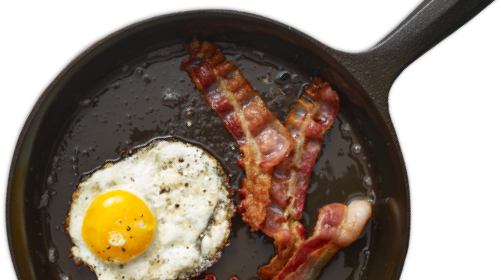Our favorite way to break in a new Field Skillet is to cook up a big batch of caramelized onions, which is both an excellent recipe for building up durable seasoning and it leaves you with a utilitarian ingredient that you can use to top burgers, sandwiches, and pizza, or as a flavorful base for soups and braises.
Here, we top a skillet-baked shell with Gruyère cheese and the aforementioned onions to make a tart that has all the deep flavors of a classic French onion soup.





